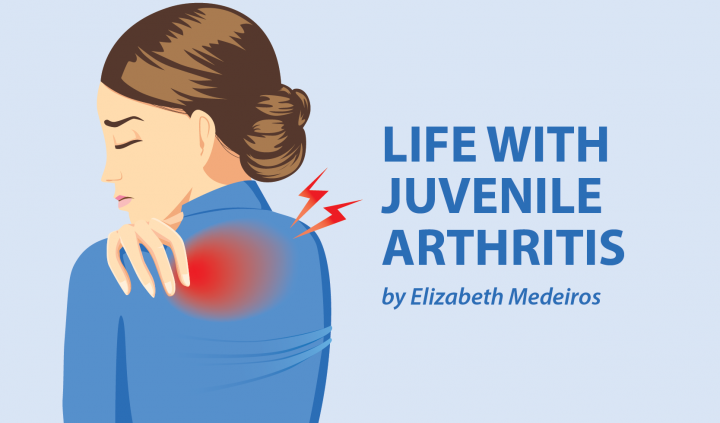Juvenile arthritis (JA) is an invisible illness. While the life of the person with JA is significantly affected by the pain and hardships associated with the disease, their struggles are not always apparent to those around them. Kids with JA often learn to push on without complaining or asking for help. But living that way can be frustrating and isolating.
Words of affirmation can be extremely encouraging, helping those with chronic pain to feel cared for and understood. If you’re the parent, friend, teacher, or neighbor of a young person with JA, consider keeping the following suggestions handy. While they might not seem like much, they can mean a lot to someone who is fighting an invisible illness.
How can I help?
While kids and teens with JA need to learn to be as independent as possible, everyone benefits from a little help now and then. It doesn’t hurt to offer support, especially during a stressful event such as preparing for a final exam or traveling. Your proposal doesn’t need to be significant — simple offers of assistance such as “Can I carry that for you,” “Let’s take a break,” or “I’ll help you fold the towels,” can make a big difference.
But don’t be surprised if your offer is declined. The person may not want help — maybe it’s a matter of pride (haven’t we all been there?), or perhaps they’ve been burned when asking for assistance in the past. But feel reassured that they did appreciate the thought — especially if the person is a teen or young adult.
How are you doing?
The toll of JA is not obvious, and pain is not the only challenge that kids face. Arthritis and the treatments used to manage its symptoms can cause fatigue, nausea, depression, psoriasis, rashes, and many other issues that make it hard to get through the day.
Remember to check in on your loved one with JA from time to time. They may be struggling more than you realize. Or, they may be doing well and are excited to tell you about finding a treatment that worked. You’ll never know until you ask.
I believe you
Some people with JA have to fight to have their pain acknowledged. Growing up, doctors may have dismissed their disease as “growing pains,” and gym teachers might have tormented them for having improper form due to joint stiffness. Experiences like this can make it hard for someone to talk about what they’re going through. They may even feel that people believe that they’re faking the pain for attention.
When someone with JA opens up to you about their experience, avoid saying things such as “It could be worse,” “It can’t be that bad,” or “Just push through it.” Phrases like that can be demeaning. You don’t have to say much to make someone with JA feel validated — all you need to do is listen while they vent. Sometimes, you won’t know what to say — and that’s OK. This animated short video narrated by vulnerability expert Brené Brown does a wonderful job of explaining how to create an empathetic connection with someone.
You’re doing great
Last, but not least, let your loved one with JA know that you see and appreciate their efforts. Whether it’s achievements in school, going the extra mile for a loved one, or recovering from a flare, tell them that you’ve noticed their hard work. It’s not easy to push through chronic pain, and it’s encouraging when others recognize that you’re doing your best.
Actions speak louder than words
Over the years, I’ve received my share of encouragement. I’ve been told that I’m strong, that I can get through anything, and that everything will be OK. But of all the phrases I’ve heard, my favorite was “I’m here for you,” spoken by the ones who stood by me. It’s not easy to grow up with JA, but I’m so thankful for those who supported me through it.
***
Note: Juvenile Arthritis News is strictly a news and information website about the disease. It does not provide medical advice, diagnosis, or treatment. This content is not intended to be a substitute for professional medical advice, diagnosis, or treatment. Always seek the advice of your physician or other qualified health provider with any questions you may have regarding a medical condition. Never disregard professional medical advice or delay in seeking it because of something you have read on this website. The opinions expressed in this column are not those of Juvenile Arthritis News, or its parent company, BioNews Services, and are intended to spark discussion about issues pertaining to juvenile arthritis.

